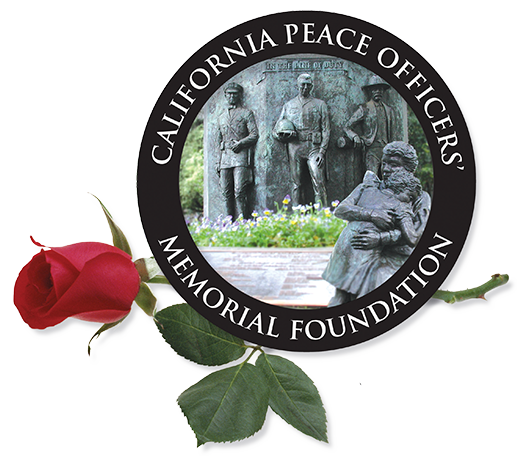These have been the best of times for James Pagliotti. He loved his profession, his challenging new assignment and, above all, a young woman named Vicky Houghton.
Even better days seemed ahead.
In October, he and Houghton were scheduled to be married, on the one-year anniversary of their first date.
But on the night of June 22, Pagliotti’s future ended when the 28-year-old Los Angeles police officer was killed in a shootout in a drug-plagued San Fernando Valley neighborhood. He died after responding to a fellow officer’s call for assistance.
“Jim did what had to be done because his community and partner were in peril,” Lt. Mike Hillmann, one of Pagliotti’s supervisors in LAPD’s famed Metropolitan division, told more than 2,000 mourners at a memorial service. “He was truly a role model for Metro and will never be forgotten.”
The service at Scottish Rite Temple dew uniformed police officers from more than two- dozen law-enforcement agencies throughout Southern California. All wore black bands of mourning across their badges.
Pagliotti, who joined the Metropolitan division last December, was remembered by Hillmann and other co-workers as an energetic, loyal and dedicated officer, who lived each day to its fullest.
“His zest for life pushed him to the limits,” said LAPD Officer Glynn Martin, Pagliotti’s close friend since they went through the police academy together. “Jim loved life and life loved Jim back.”
Martin described Pagliotti as “a man ahead of his time, who identified with two other Americans ahead of their time – James Dean and Bruce Springsteen.”
He quoted lyrics from the Springsteen song “No Surrender,” which he said best described Pagliotti’s attitude: “We made a promise we’d always remember. No retreat, no surrender.”
That attitude, along with Pagliotti’s desire, were trademarks of the five-year LAPD veteran, Martin told mourners.
“On that fateful Monday night, Jim never retreated, he never surrendered,” he said. “Jim we love you. Bye, old buddy.”
For Pagliotti, becoming a policeman was a longtime goal. He received a bachelor’s degree in criminology from Cal State Fresno in 1981 and joined the Los Angeles Police Department the following year.
“He just enjoyed catching crooks and putting bad guys in jail,” said Hillmann. “He took great pride in it.”
During the service, the temple was filled to near capacity, mostly with police officers that solemnly entered single file, their hats or motorcycle helmets tucked securely under their left arms. Pagliotti’s Metropolitan division colleagues were the last officers inside. They waited alone outside as a group, then walked in together and sat in front, just behind the slain officer’s family.
Following the eulogies, Police Chief Daryl Gates presented to Pagliotti’s mother, Alice, the American flag that draped her son’s coffin. He then quietly offered words of condolence to her and the officer’s fiancée, his father, Joe, and brother, Danny.
Houghton, the fiancée, was the first love of Pagliotti’s life, his good friend Martin told mourners.
“We mourn not only Jim, but Vicky, too,” he said.
Understandably, the service touched those in attendance. Many officers repeatedly wiped their eyes, some embracing afterward. Houghton and Pagliotti’s mother held on to each other throughout the morning, comforting one another.
“He was very good at what he did,” Houghton said quietly afterward. “He just loved his job.
